Aleph Zero is a Layer-1 blockchain that allows developers to deploy scalable, secure and low cost Web3 applications. DeFi products and games alike enjoy Aleph Zero’s privacy-enhancements thanks to zero-knowledge cryptography.
The Aleph Zero ecosystem consists of two pillars. On the one hand there’s the Aleph Zero Foundation, which is responsible for overseeing the development of the Aleph Zero protocol. They are also the issuer of the AZERO token. On the other hand there’s Cardinal Cryptography, the Aleph Zero core development studio responsible for research, cryptography and protocol development.
Aleph Zero explained:
Aleph Zero is dedicated to furnishing a scalable, decentralized, and secure blockchain framework, emphasizing privacy enhancement. Its platform ensures robust scalability by facilitating instant finality on transactions, enabling swift processing of on-chain actions. The development of Aleph Zero is spearheaded by Cardinal Cryptography, ensuring continual innovation and advancement of the platform.
Consensus mechanism:
To bolster network security, Aleph Zero has implemented its proprietary AlephBFT consensus mechanism, designed to withstand up to 33% malicious actors. This consensus mechanism operates asynchronously, ensuring that transaction approval occurs independently of timing constraints. Crucially, the network avoids reliance on any single node throughout the transaction process, enhancing resilience against DDoS attacks. Moreover, in the event of network partitions, Aleph Zero’s robust architecture facilitates swift recovery to restore the network to its correct state and mitigate potential malicious activities.
Additionally, Aleph Zero’s smart contracts benefit from the expertise of the team behind Polkadot and WASM. This collaboration enables developers to leverage Substrate for creating their decentralized applications (dApps) while harnessing the unique features offered by Aleph Zero. This comprehensive tech stack presents a compelling proposition for developers seeking to build innovative solutions atop Aleph Zero’s blockchain infrastructure.
Privacy and zk-SNARKs:
Aleph Zero takes great pride in its emphasis on privacy features. In the Web2 era, data often becomes a commodity, with end-users reaping minimal benefits from their own data. However, Aleph Zero addresses this issue by integrating zk-SNARKs and MPCs, enabling users to assert ownership over their personal data through smart contracts. This innovative approach fosters private multi-user interactions, empowering users and teams to exchange privacy models securely. Such functionality proves invaluable for various applications, including private voting, auctions, and DeFi protocols, where safeguarding user privacy is paramount.
What is the role of the Aleph Zero Foundation?
The primary focus of the Aleph Zero Foundation (AZF) lies in spearheading marketing and business development endeavors for the Aleph Zero ecosystem. This encompasses managing partnerships, creating graphics, facilitating investments, organizing events, producing podcasts, and generating content, all of which are handled by the AZF team.
AZERO tokens and governance:
The Aleph Zero ecosystem is powered by its own utility token called AZERO, which serves various functions including staking, covering transaction fees, and establishing subnetworks. Annually, 30 million AZERO tokens are introduced into the ecosystem, with 258 million tokens currently circulating. Notably, over 70% of the community’s AZERO tokens are staked with validator nodes.
Additionally, AZERO tokens are utilized for governance within the community. Holding AZERO is a prerequisite for participating in voting or submitting proposals for consideration.
AZERO token airdrop:
There are currently no plans for an airdrop of the AZERO token. However, engaging with the ecosystem can still offer potential rewards through other airdrops. Early adoption of dapps or leveraging their unique features can lead to earning rewards. It’s essential to be cautious of scams, so starting your journey with our Quests is recommended for both learning and earning safely.
Validators and staking AZERO to earn:
At the heart of the network are validators responsible for processing transactions. Users have the option to stake their AZERO tokens with these validators, contributing to network security while earning an APY. Aleph Zero offers several validator services worth exploring:
- MyCointainer: A node operator facilitating staking
- Kintsu: Liquid staking on Aleph Zero
- Azero Live: Monitoring and alerting on network data
Validators, chosen to process transactions, earn rewards in AZERO tokens, which are then distributed to delegators—those who support the validator by staking their assets. The distribution of rewards between validators and delegators/stakers is decided by validators. Stakers then choose which validator node to support, and rewards are distributed to both stakers and validators at regular intervals.
Best wallets for the Aleph Zero blockchain:
Aleph Zero operates as a Layer-1 network with its unique programming language, necessitating the use of wallets tailored to its specifications. Here are a few examples of wallets compatible with Aleph Zero:
Common, the native wallet and Web3 tool, is crafted by Cardinal to facilitate seamless interactions within the Aleph Zero ecosystem.
MyCointainer serves as both a wallet and a node operator, catering to Aleph Zero and other ecosystems, ensuring smooth operations and accessibility.
SubWallet, a multi-chain wallet tailored for Substrata-based chains, offers users flexibility and convenience in managing their digital assets across different platforms.
MetaMask Snap extends the functionality of the MetaMask EVM wallet to support Aleph Zero, enhancing interoperability and expanding accessibility to the ecosystem.
Block explorers for Aleph Zero:
While many users may not delve into block explorers, these tools play a vital role in maintaining transparency within a blockchain ecosystem. A block explorer provides comprehensive details about each transaction, including the sender, recipient, amount transferred, contract utilized, tokens involved, block number, transaction cost, as well as timestamps and dates.
Some notable block explorer services include:
- Azero Live: A monitoring and alerting platform tailored for users and developers.
- Subscan: A Substrata-based chain explorer service.
Best Aleph Zero dapps in DeFi, NFTs and Games:
Here are some of the DeFi innovations and NFT developments on Aleph Zero:
DeFi Innovations:
- Interlock: A DeFi platform aimed at providing solutions to combat cybercrime.
- Crowdgenix: A zk-powered institutional DeFi platform designed for Real World Assets (RWAs).
- 21X: A European DLT-based exchange specializing in tokenized securities.
NFT Developments:
- Azero ID: The first private domain name service on Aleph Zero.
- ArtZero: An NFT marketplace dedicated to digital collectibles and artworks.
- AZERO Punks: A CryptoPunks derivative for the Aleph Zero ecosystem.
Gaming Projects:
- Upcade: A blockchain-powered gaming platform.
- Foxies: An idle staking game built on the Aleph Zero network.
- Explora Online: A 2D MMORPG with a pirate theme.
- Darkside Suits: A browser-based game developed on Aleph Zero.
Aleph Zero roadmap:
The teams at Cardinal and the Aleph Zero Foundation are currently engaged in several initiatives. They are focusing on enhancing smart contract tooling and implementing a streamlined update mechanism for basic nodes. Additionally, their work on zero-knowledge IDs and the capability to shield PSP22 tokens from unauthorized access deserves recognition.
In the future, the team aims to implement a governance model that heavily involves the community. Additionally, they plan to prioritize privacy enhancements, such as introducing a privacy wallet, developing various privacy browser plugins, and enabling transaction shielding through smart contracts.
Links:
https://alephzero.org/
https://t.me/AlephZeroFoundation
https://x.com/Aleph__Zero
https://discord.gg/alephzero
https://www.reddit.com/r/AlephZero/
https://www.linkedin.com/company/alephzero/
https://www.instagram.com/alephzerofoundation/
https://youtube.com/@AlephZero


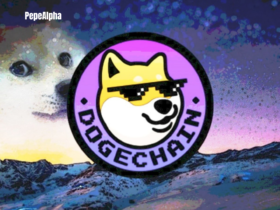
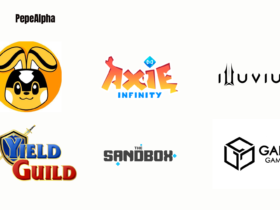

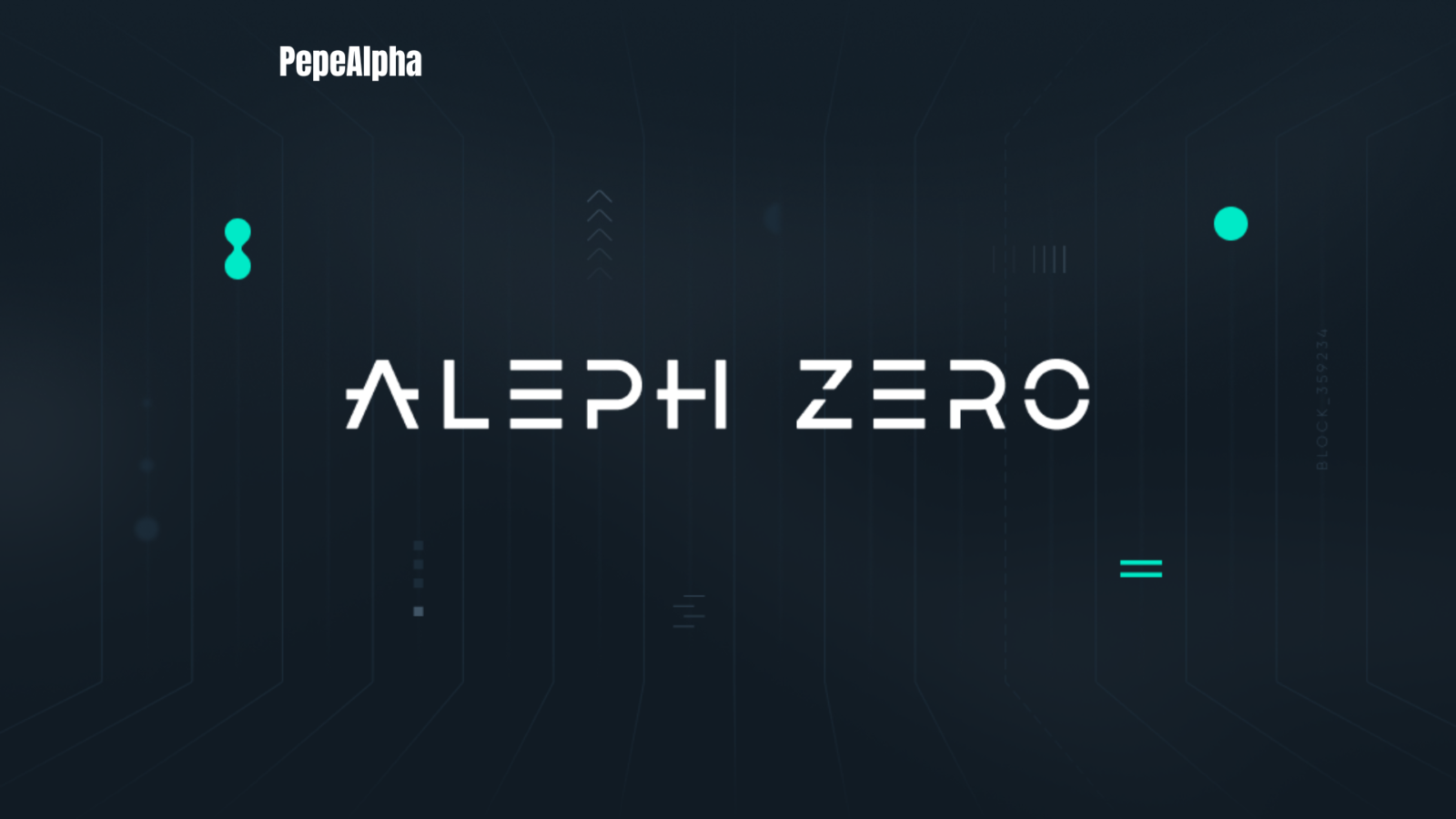
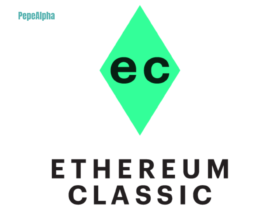




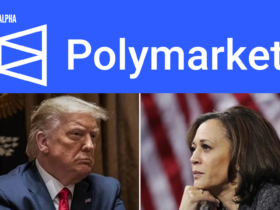

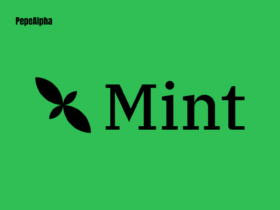

Leave a Reply